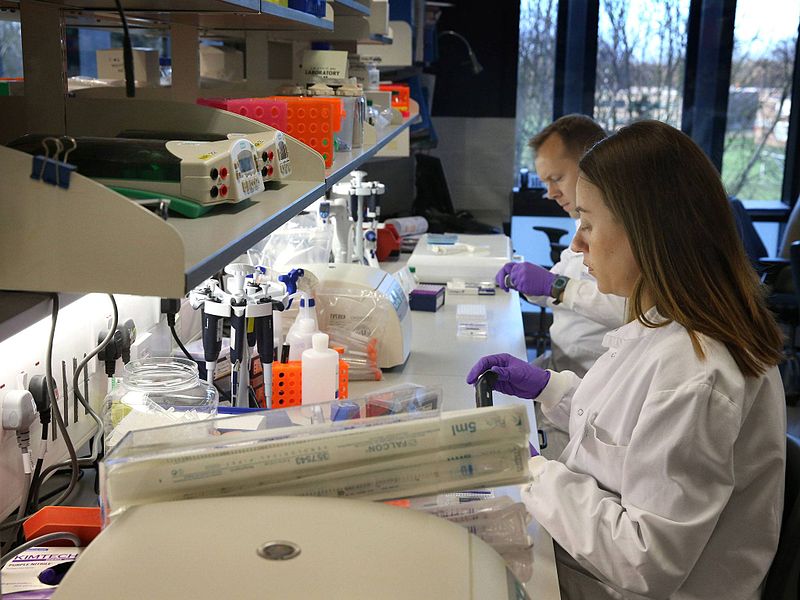The U.S. National Cancer Institute investigates the causes, prevention, detection, diagnosis and treatment of cancer by supporting research and clinical trials in its own offices, in labs and medical centres across the United States and throughout the world. In 2013, its budget was $4.8 billion. Over the period from 2005 to 2013, the agency’s budget averaged $4.9 billion per year. In addition, other U.S. government agencies including the Centers for Disease Control, Department of Defense and many state and regional government organizations also participate in similar mandates with their own sources of funding. It is estimated that the global spend on fighting cancer is approximately $50 to $60 billion annually according to a report published in 2008 in Molecular Oncology.
As we all know, progress in fighting cancer has been slow. And outside of the obvious information put forward (Smoking causes lung cancer, etc.) we do not hear much about what ordinary people can do to prevent cancer in their own lives – or to correct their lifestyles after cancer strikes.
I stumbled on an interesting video in which Dr. Michael Greger (a doctor, author and internationally-recognized speaker on nutrition) makes a case for nutritional habits being one of the most significant indicators for predisposition to cancer. Dr. Gregor runs a website called NutritionFacts.org, which covers such topics as food labeling, nutritional education, obesity, heart disease and all the other eating healthy topics that we run across.
We’re planning on changing our diet to a mostly-vegetable one to see what happens. . . and, speaking from my Alberta rancher heritage, this ain’t no small thing!
Both the video and the website are recommended.
And why all that research spending with little or no focus on nutrition?
Image from The Extreme Sport Challenges (Own work) [CC-BY-SA-3.0], via Wikimedia Commons

